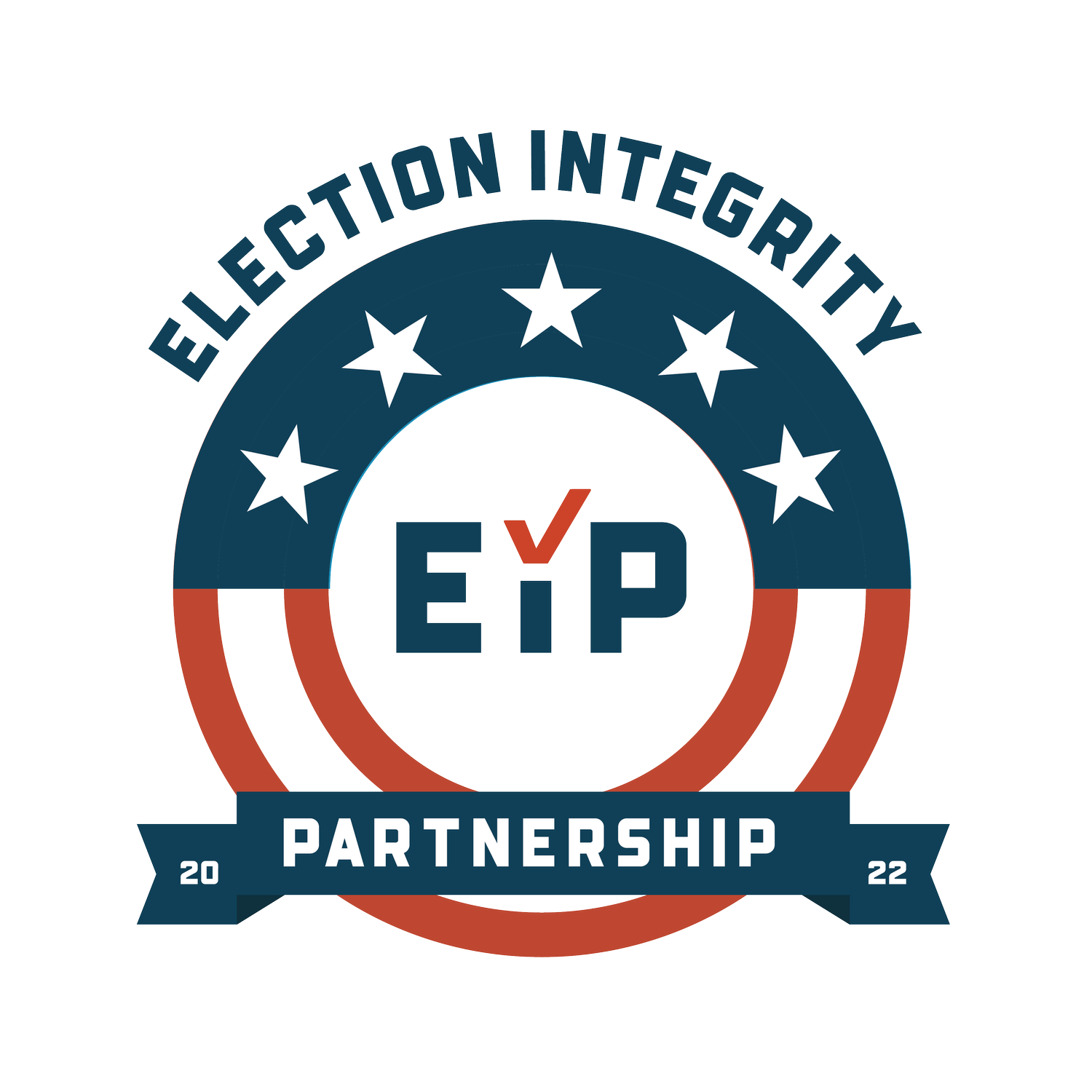The Election Integrity Partnership in 2022: Our Work Ahead
Elections can reveal democracies at their best, but also their most vulnerable. Democracies must hold free and fair elections where competing parties agree on a common set of rules, and must respect the outcomes of those elections through a peaceful transition of power.
Crucial to elections is good information. Good information helps voters understand the voting process. It helps the public assess the procedural integrity of elections and decide whether and how to challenge the results. Good information also helps administrators and legislators identify threats to election integrity, improving the security and legitimacy of elections. In a functioning system, good information can activate a virtuous cycle of improvement, where threats and weaknesses in the election process are identified and addressed, leading to a stronger system over time. Public awareness of these improvements deepens our confidence in the resilience of American democracy.
If good information enables a virtuous cycle, bad information accelerates a vicious one. In an “information fog,” real threats cannot be distinguished from spurious ones. Election administration and policy become increasingly directed at addressing phantom risks rather than real issues, and public perceptions of legitimacy become unmoored from underlying realities. This increases the chances of election subversion and political violence.
Sensing the need for a whole-of-society effort to counter these dynamics, the Election Integrity Partnership (EIP) was founded in 2020. The EIP is a non-partisan coalition established to empower the research community, election officials, government agencies, civil society organizations, social media platforms, and others to defend our elections against online behavior harmful to the democratic process: attempts to suppress voting, confuse voters about election processes, or delegitimize election results without evidence. We focus our attention both during the election cycle, as well as after it, when public perceptions of its legitimacy continue to be formed.
This is not a theoretical problem. In recent years, we have seen political actors exploit weaknesses in the evolving information environment to build support for the subversion of election results. In 2016, Russian agents hacked U.S. election infrastructure and, in the weeks leading up to the vote, attempted to simultaneously demotivate Black voters and agitate right-leaning Americans with allegations of an imminent stolen election. In the 2020 U.S. elections, false and misleading online information gave rise to physical and legal challenges to the certification of the election’s results. In 2022, we will once again face such challenges. In the primaries this year, we have already witnessed the recurrence of spurious claims from the 2020 election. Meanwhile, foreign and domestic actors remain potent threats to the procedural integrity of the election itself.
The EIP is continuing its nonpartisan and collaborative work in the 2022 election cycle. Our aim is not to fact-check, nor to decide what is or isn’t “misinformation.” In its work on delegitimization, the Partnership analyzes emerging uncorroborated or disputed information spreading through online channels, and tracks rumors that turn out to be true, false, or somewhere in between. The EIP studies the public conversation around emerging electoral events to better understand how collaborative sense-making interacts with the surrounding information environment. In the online space, most larger conversations will involve a mix of motivations of participants, from good faith correction, to genuine confusion, to intentional manipulation. We aim to understand not only how bad-faith actors manipulate the information environment, but how corrections flow through the network, and how genuine confusions might be reduced. Our aim is to pass our insights on to the public and our partners to strengthen our collective democracy; to that end, we share public insights through blog posts, social media, and briefings.
The EIP’s core conveners are the Stanford Internet Observatory and the University of Washington’s Center for an Informed Public. We work in collaboration with some of the nation’s leading institutions focused on analysis of online harms, including the National Conference on Citizenship, Graphika, and the Digital Forensic Research Lab.
